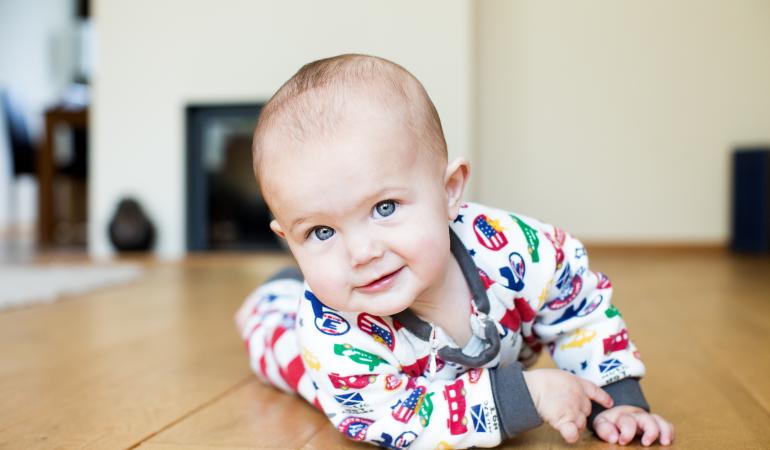
Whooping cough is a dangerous disease for new born, unvaccinated babies. Starting at the end of 2019, the whooping cough vaccination will be offered nationwide to pregnant women. As a result, babies will be protected against whooping cough from birth. The Health Council of the Netherlands will advise on December 18 whether the vaccination schedule for babies needs to be adjusted to fewer doses and a later start after the whooping cough vaccination for pregnant women has been introduced. This RIVM report contains the background information for the Health Council’s advice.
Whooping cough is highly contagious and can cause severe coughing fits. In very young babies, the respiratory problems can be so serious that they need to be hospitalised and sometimes even die. Babies are vaccinated against whooping cough from the age of about 2 months. During the first months of life, they are not yet protected. That is precisely the period that they are most vulnerable to serious whooping cough infections.
Antibodies
When the mother is vaccinated against whooping cough during pregnancy, she makes antibodies against whooping cough. These antibodies will pass through the umbilical cord to the unborn baby. This way, in any case for the first three months, the baby is protected from whooping cough until it is old enough to be fully vaccinated. The first prick for the baby (now at 2 months) can therefore be postponed.
Vaccination schedule
To support the advice of the Health Council of the Netherlands, RIVM has provided background information on the current vaccination schedule and an alternative vaccination schedule. Not only for whooping cough but for all diseases against which babies are vaccinated in the first year of life, such as diphtheria, tetanus and polio. Babies are currently vaccinated three times: when they are two, three and four months old. In the alternative schedule, they are vaccinated twice: when the baby is three and five months old. With the alternative schedule, vaccination starts a month later and babies get one dose less. This schedule is less burdensome for the baby. The available information shows that this schedule provides sufficient protection against the diseases against which babies are vaccinated in their first year of life.
Advice
The advice of the Health Council of the Netherlands on the vaccination schedule is expected on 18 December. The state secretary of the Ministry of Health, Welfare and Sport then decides whether to follow the advice.